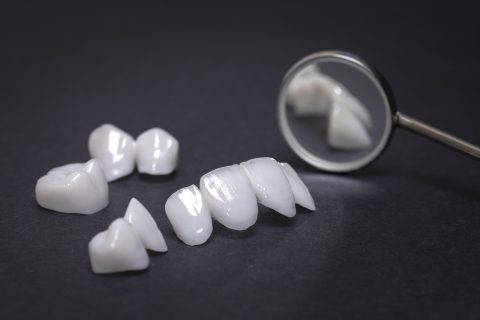At Magis Dental we understand that sometimes cavities can happen and we are always here to help our patients. We pride ourselves in our capacity to provide our patients with the most technologically advanced and cosmetically beneficial treatments available; our white composite fillings will have your smile perfectly put together.
For several decades, dentists have solely utilized the silver-mercury amalgam (metal) filling to repair their client’s teeth and cavities. Today, however, at Magis Dental, our dentist have a much better way to fix cavities; with tooth-colored composite fillings.
When compared to traditional silver fillings, white fillings are a much better option for several reasons:
- First of all they are much smaller and therefore require less removal of the existing tooth structure. Heavy silver fillings are notoriously problematic and often break off or fall out completely.
- Installing metal fillings into the tooth can actually weaken the existing tooth. White fillings are much less dense, which helps to prevent chips and cracks in the replaced tooth.
- The composite resin material is biocompatible and 100% non-toxic. It is by far the healthiest option for our patients.
- The white composite filling is color matched to the existing teeth so no one will see your filling the next time you smile.

